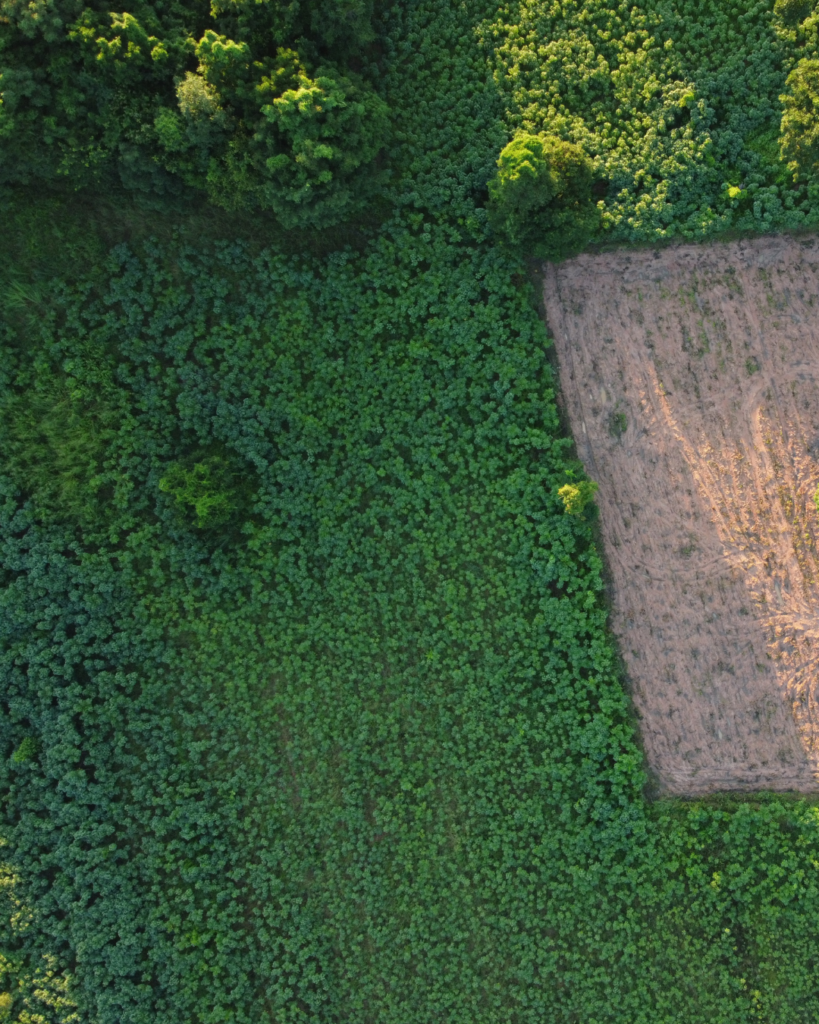Frequently Asked
Questions
Our FAQ section is designed to help you better understand who we are, what we do, and how we work.
From project timelines and carbon credit processes to funding opportunities and community involvement,
we’ve compiled the most common questions our partners, clients, and stakeholders ask us.

Frequently Asked Questions
Questions & Answers
We are a company engaged in the environment with a business focus on carbon offset, biodiversity protection and community livelihood that refers to the three pillars of sustainability, namely economic, ecological and social sustainability to achieve targets on a national and global scale in supporting the achievement of zero net emission and sustainable development goals.
At the moment we are still focusing on developing activities in Indonesia, but we do not rule out the possibility of doing activities outside Indonesia.
We support, serve and strengthen businesses in developing carbon projects. For more information, please contact the contacts available on the web.
Carbon offsetting is a carbon trading mechanism that focuses on offsetting the carbon footprint that has been released.
Permits obtained or traded by a company that allow the company to emit an equivalent amount of greenhouse gases/emissions. One unit of carbon credit is equivalent to a reduction in emissions of 1 ton of carbon dioxide (CO2). Carbon credits are the units traded in the carbon market for carbon offset activities.
Carbon credits are generated from climate change mitigation action projects. A verification agency will calculate the carbon sequestration of the project and issue carbon credits in the form of certificates. In addition, carbon credits can also come from companies that produce emissions below a threshold. (https://www.icdx.co.id/news-detail/publication/apa-yang-dimaksud-dengan-perdagangan-karbon)
Carbon projects are multi-faceted projects. Communities that participate in supporting climate change mitigation and adaptation action projects will maintain the environment. A good environment can be a source of livelihood for the surrounding community, for example, carbon projects can be integrated with agroforestry or silvofishery systems. This will be a symbiotic mutualism between the community and the environment.
SRN PPI stands for the National Climate Change Registry System, which is a web-based system for managing, providing data and information on actions and resources for Climate Change Mitigation, Climate Change Adaptation, and the Economic Value of Carbon (NEK) in Indonesia.
SPE GRK stands for Greenhouse Gas Emission Reduction Certificate, which is a form of proof of emission reduction by businesses and/or activities that have gone through Measurement, Reporting, and Verification, and are recorded in the National Registry System for Climate Change Control.
DRAM stands for Draft Mitigation Action Document, which is a document prepared by the person in charge/implementer of Climate Change Mitigation Action to detail the Climate Change Mitigation Action that will be carried out and included in the SPE-GRK mechanism.
Carbon Offset, Biodiversity Protection, Community Livelihood
“Turning emissions into opportunities—restoring nature, safeguarding wildlife, and uplifting communities for a sustainable future.”
